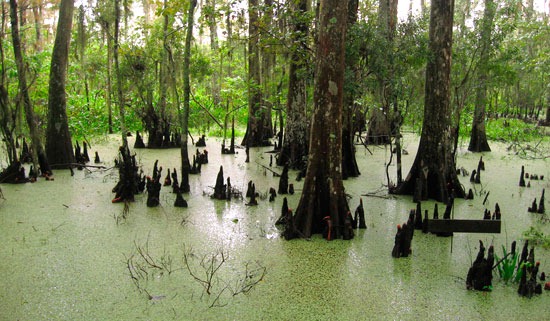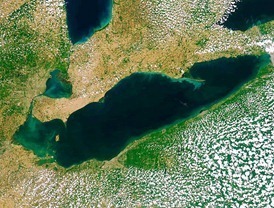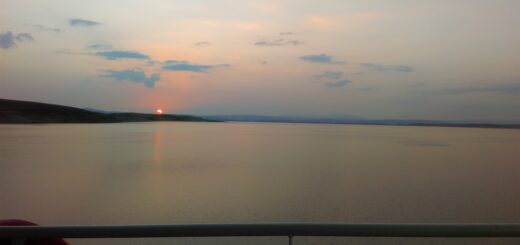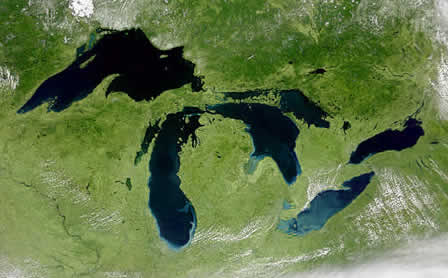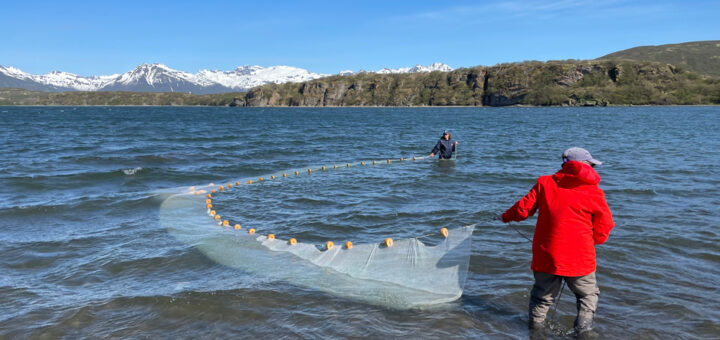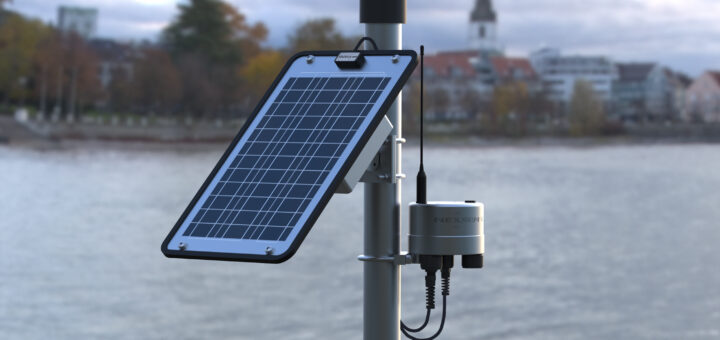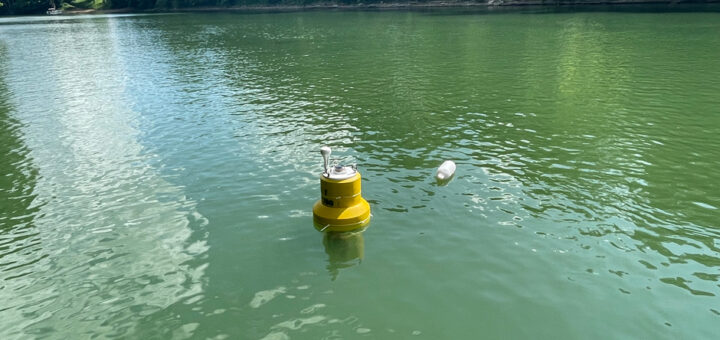Proposed study would evaluate Rangia clam’s role in oil cleanup
0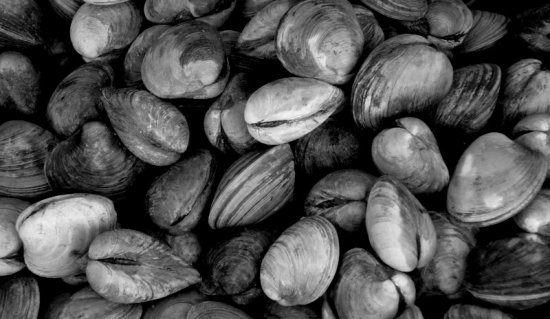
A clam commonly found in brackish water like that in Lakes Pontchartrain and Maurepas could help to clean up after devastating oil spills. Researchers at Southeastern Louisiana University are evaluating whether the Rangia clam’s role as a bottom-dwelling filter feeder could make it useful for filtering toxic oil from the water.
Caitlyn Guice, a chemistry major at the university, and her instructor Phillip Voegel began this examination last summer by analyzing the clam’s ability to remove hydrocarbon contaminants. They investigated the clams to determine if they absorbed any oil into their tissues, as well as analyzing water quality and the health of other animals in the water.
“We began studying them last summer as a possible marker for water contamination by the oil spill because they concentrate hydrocarbons in their flesh,” Guice said.
Guice will continue her study with the help of a $2,300 Louisiana Sea Grant Undergraduate Opportunities Grant, and Voegel said she plans to serve as a mentor throughout the project.
A concern Voegel looks to address is whether the clam’s role in collecting oil could pose a risk to food safety. Although the Rangia clam isn’t a typical food source for humans in the United States, it’s possible it could be consumed by other aquatic life, thus potentially moving oil up the food chain to species that are used for human consumption.
Voegel said this problematic aspect of the process can be avoided by caging large pallets of the clams when in oil-affected waters, preventing other species that feed on the clams from reaching them.
The study could eventually lead to an environmentally friendly solution to cleaning lakes and wetlands that have been contaminated by oil, although Voegel emphasized that significant amounts of research remains in order to perfect this solution.
Guice’s study, which is scheduled to conclude in December 2011, will include testing the clam’s effectiveness at oil removal in water of varying salinity levels and oil concentrations. She will also measure the bio concentration of oil in the clams as well as the amount of oil remaining in the water.
Can clam help clean oil-filled waters? [Sify News] Common clam to help clean oil-filled waters [Homeland Security Newswire]
Image Credit: http://www.flickr.com/photos/glass_window/186138455




